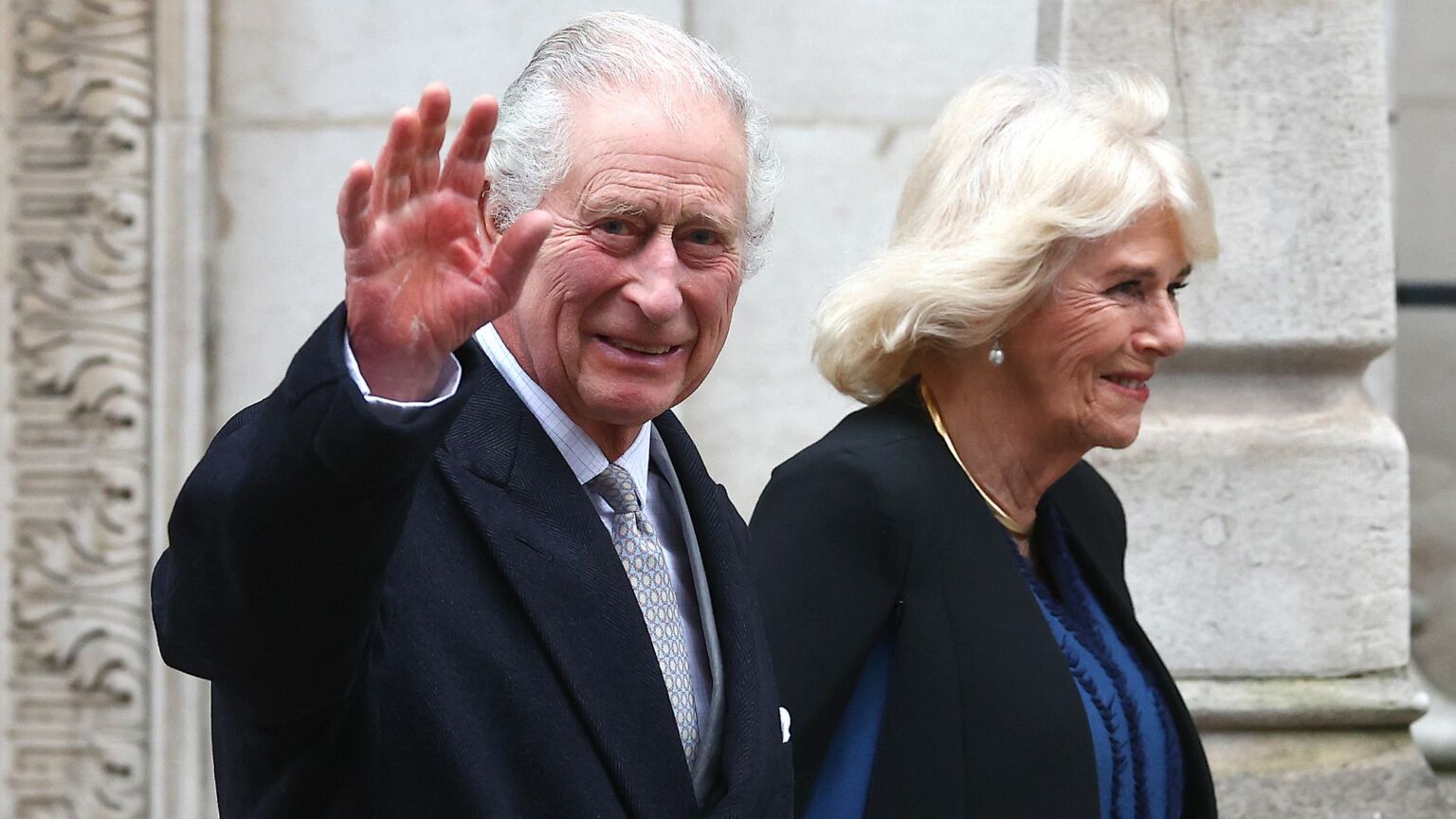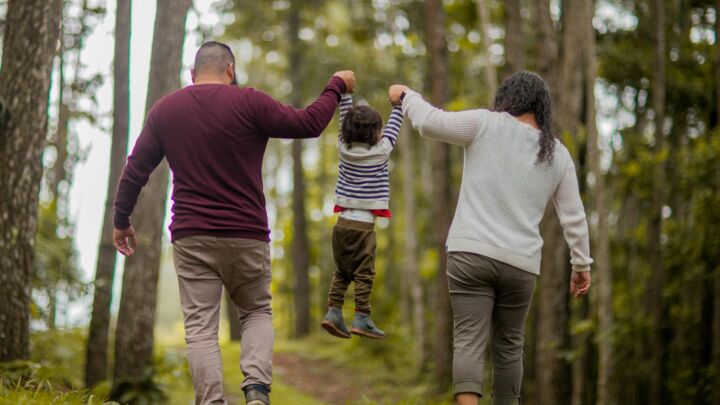Cancer is not ‘the great leveller’
King Charles is fortunate not to have to use our lockdown-wrecked health service.

King Charles III revealed this week that he has been diagnosed with cancer. Given that he is the monarch and head of state, it is hardly surprising that his diagnosis has prompted rolling news updates and continual commentary. There has been intense speculation about the king’s course of treatment. And the well wishes from politicians and global dignitaries have flooded in.
While we all wish Charles a speedy recovery, it is worth remembering that around 1,000 other people in Britain will have been told that they have cancer on the same day as the king. That’s one person every 90 seconds. These people may not have titles and palaces at their disposal, but their fate should be no less a tragedy. Indeed, what happens to cancer sufferers in the UK right now is nothing short of scandalous.
Fervent monarchists can proclaim ‘God Save the King!’, but we all know His Majesty’s recovery will depend less on divine intervention and more on access to treatment. Many cancer sufferers need surgery, perhaps followed by gruelling rounds of chemotherapy or radiotherapy. When this is done, they might still need to spend years on medication, sometimes with horrible side-effects. However grim, such treatments can be life-saving. Prompt access to the best treatments medical science has to offer is vital. Tragically, it is out of reach for vast numbers of people.
Each year, thousands of Britons die needlessly from cancer. Progress in cancer survival rates is slower than it has been for the past 50 years. The UK now lags behind countries such as Australia, Canada, Denmark and Norway when it comes to treating cancer. British people with stomach cancer, for example, are 12 per cent less likely to still be alive five years after diagnosis, compared with patients from the best-performing nations.
Britain’s cancer crisis has been long in the making, but it was hugely exacerbated by the government’s response to the Covid-19 pandemic. Telling people they had to ‘protect the NHS’ during lockdown deterred thousands from seeing their GP. Even if cancer patients were fortunate enough to secure an appointment, many doctors offered consultations on the telephone or on Zoom, rather than face-to-face. As a result, the British Medical Journal notes that ‘diagnoses of early-stage cancer in England fell by 33 per cent in the first wave of the Covid-19 pandemic in 2020’. The NHS estimates that there were potentially 75,000 ‘missing’ cancer patients between 2020 and 2022. This is 75,000 people who will have either died or ended up needing far more invasive treatment than they would have done if diagnosed sooner.
Even now that lockdown is a bad memory, people still face delays in getting a cancer diagnosis. In September last year, less than three-quarters of patients were seen by a specialist within two weeks of being urgently referred by their GP. This was down on the previous month and well below the target of 93 per cent set by the government at that time. Over 30 per cent of patients urgently referred for suspected cancer still hadn’t had their diagnosis confirmed or ruled out after 28 days.
After diagnosis, cancer sufferers then face lengthy waits for treatment. Last September, over 40 per cent of cancer patients had waited more than two months to begin treatment. The government’s woefully inadequate response to these unconscionable delays was to scrap (or rather ‘consolidate’) its targets for cancer diagnosis and treatment. Meanwhile, thousands of cancer appointments have been cancelled due to strike action by doctors.
King Charles was lavishly praised by health professionals and policymakers for going public with his prostate problems and ‘raising awareness about cancer’. He was said to have shown that cancer ‘is indiscriminate’. When it comes to cancer, the message of ‘awareness’ is everywhere. We are constantly being told to be on the lookout for unexpected lumps and other unusual symptoms. Doing so conveniently pushes the blame for delays in treatment on to patients. ‘If only the British people were less repressed, then there would be fewer cancer deaths’, seems to be the message. For the most part, we don’t lack awareness, but we do struggle to see a doctor. And then we face interminable waits for testing and treatment.
In this respect, cancer really does discriminate. One in two people in the UK will get cancer at some point in their life. But very few will, like the king, be fortunate enough to begin treatment just days after a problem is identified. This is a national scandal that warrants a lot more news coverage. But the lockdown cheerleaders in our media are unlikely to welcome a reckoning with it. The delays in diagnosis and treatment were exacerbated by the policy they did so much to promote.
Here’s hoping Charles makes a speedy recovery. And here’s to the day that everyone, not just royalty, has swift access to the best cancer treatments money can buy.
Joanna Williams is a spiked columnist and author of How Woke Won, which you can order here.
Picture by: Getty.
To enquire about republishing spiked’s content, a right to reply or to request a correction, please contact the managing editor, Viv Regan.










Comments
Want to join the conversation?
Only spiked supporters and patrons, who donate regularly to us, can comment on our articles.